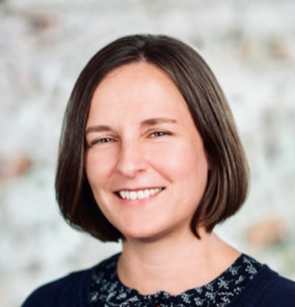Kelly D. Getz, PhD, MPH
Assistant Professor of Epidemiology

Assistant Professor of Epidemiology

Dr. Getz is a pediatric cancer epidemiologist whose research aims to improve outcomes for children and young adults with cancer. Her research has focused on understanding the occurrence and subsequent impacts of chemotoxicity, including infectious complications and cardiac dysfunction. She applies epidemiologic methods for causal inference to optimize survival outcomes, mitigate toxicity risks, and improve quality of life for pediatric patients and their families. Her methodologic work is focused on the application of simulation studies to evaluate mechanisms and implications of systematic error.
Her research has been funded by the Alex’s Lemonade Stand Foundation and the Patient Centered Outcomes Research Institute. Her current cardio-oncology work, supported by a K01 award from the National Heart Lung and Blood Institute, leverages the strengths of multiple complementary data resources including the clinical trial data, administrative billing data, and large volume electronic health record data to elucidate the mechanisms of cardiotoxicity development and better predict its occurrence, in order to improve outcomes for children with acute myeloid leukemia. Dr. Getz has established collaborations with researchers at The Children’s Hospital of Philadelphia (CHOP) and other pediatric institutions in the areas of cancer predisposition, toxicity monitoring, and cancer treatment and outcome disparities. She is passionate about teaching and mentoring graduate students and clinical fellows on epidemiologic study design and methods, and aspires to cultivate enthusiasm for rigorous scientific inquiry through observational research.
She has a secondary appointment in the Department of Pediatrics, is a Senior Scholar in the Center for Clinical Epidemiology and Biostatistics, an elected member of the Medical Faculty Senate at the Perelman School of Medicine, and affiliated faculty in Center for Pediatric Clinical Effectiveness at CHOP and the CHOP Research Institute.